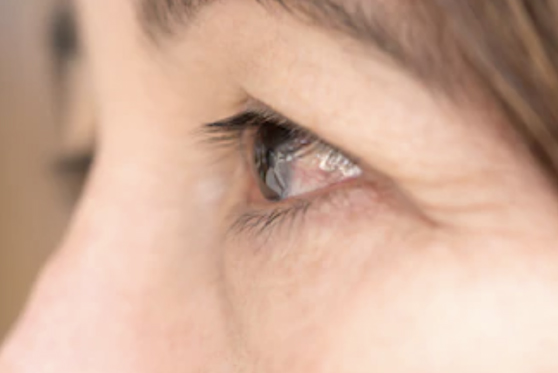Pterygium: Surfer’s Eye
A pterygium is classified as a growth on the eye, caused by excessive exposure to UV rays in sunlight. The pterygium, while still non-cancerous, is a more dangerous cousin to the pinguecula. The pterygium grown appears as a large, wedge-shaped bump on the white of the eye. Depending on the size of the growth, it can also grow into the cornea, potentially blurring and obscuring vision.
This condition received the nickname “Surfer’s Eye” because whoever has this condition is exposed to an inordinate amount of sunlight. However, anyone who spends a lot of unprotected time in the sun can develop one of these uncomfortable growths.

Pterygium Symptoms
Those who begin to develop a pterygium will likely experience several symptoms before the growth fully forms. It can cause a sandy, burning, or itching sensation. Visually, a patient may have inflamed, red eyes as well as increased astigmatism with blurry vision.
Pterygium Treatment and Prevention
Without proper treatment, a pterygium growth can become inconvenient and even dangerous. The more a pterygium invades your cornea, the more it can distort your vision. These distortions can also cause other eye conditions, such as astigmatism and aberrations.
If you suspect you have a pterygium growth, contact your eye doctor immediately to seek treatment. Your treatment options depend upon the severity of the pterygium. For mild cases, your doctor may prescribe medication such as lubricants and steroid eye drops to reduce the swelling.
Some patients choose to surgically remove their growth for cosmetic and comfort reasons. If this is the case, be advised that pterygia often return even after surgical removal. Your eye surgeon may elect to suture surface eye tissue to the area to prevent the regrowth of another pterygium.
You can prevent pterygium growth and regrowth by wearing regular protection against UV rays when spending time in the sunlight. UV-blocking sunglasses and photochromic lenses are two options that will protect your retinas from UV rays.

